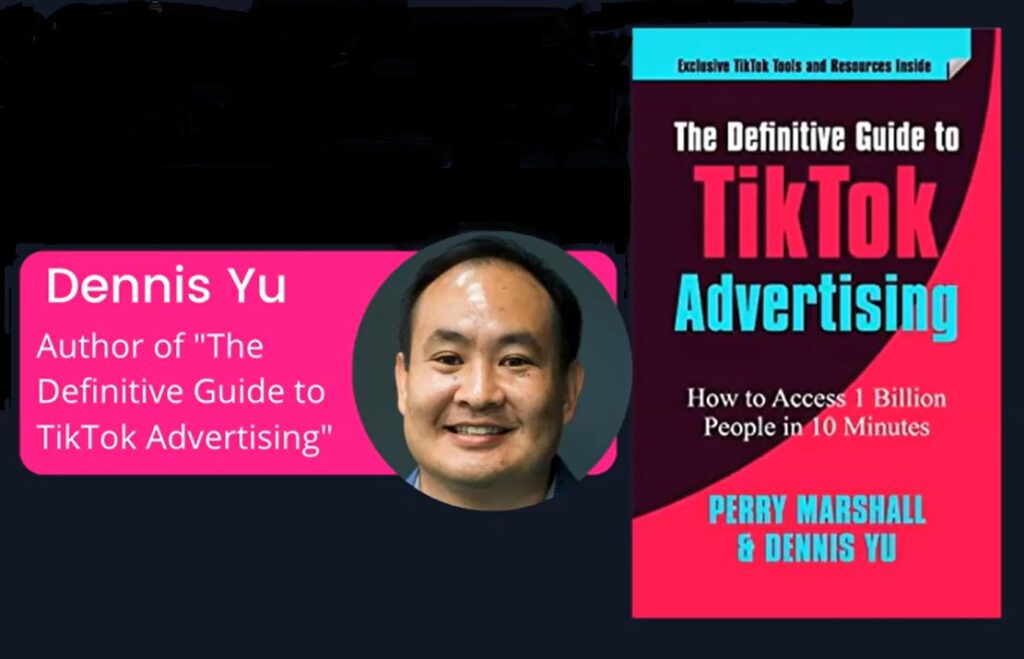
There’s a huge difference, but let me first tell you what’s in common – the algorithm. So TikTok’s algorithm, the thing that causes people to go viral, is reading what’s in your background.
So it’s looking at that flag there, it’s looking at that internet marketing book, it’s looking if you’re walking and talking, it’s recognizing monuments in the background, recognizing friends and using that to figure out who to send content to.
When you look at Facebook, YouTube, or these other traditional social networks, they’re looking at engagement – people who clicked on this also clicked on that.
But facial recognition steps up the algorithm to a new level. So, it almost reads your mind. You’ll be at dinner talking about something and see an ad on TikTok on that subject or whatnot. And you’re like, dang it! I was just talking about that!
TikTok is ten times stronger than that other stuff because… – the Chinese government or they’re listening – but they have that same algorithm in common on the paid and organic sides.
But the paid side has something different because we can boost posts. Now, on Facebook, we used to boost posts, but that was more difficult.
I can boost posts that other people have made. So if one of my clients is succeeding in some way, or they were in an accident, or they took a picture of the check I presented to them, I want to feature them.
I can boost their post. I can use my team members. I can use people in the community because even if you are an attorney, it doesn’t have to be about personal injury. It doesn’t have to be all about the law. It can be just that I’m an upstanding citizen in Atlanta or whatever the city is. And I just want to show who I am as a person because it’s all about the human feeling like you’re connecting with them.
It’s like you’re FaceTiming with them, and I can boost their posts because TikTok knew that people would struggle to make videos. How many lawyers want to make videos? So I Googled a bunch of attorneys, and I also saw what video they were making. Was there a video on YouTube? Was there a video on Facebook? Were they doing Instagram reels? Were they posting videos on LinkedIn and Twitter? Was their video on their website?
Most attorneys are not even making any videos. So what is TikTok thinking? They said, “We know that’s a challenge, so we’ll make it easy. You don’t even have to be on TikTok.”
You can boost other people’s posts. And that’s the whole secret. When you have good word of mouth, when people love you, when you have reviews, you can get those people to make videos, and they don’t even have to be on TikTok either; you can post that under their name with their permission of course, and you can boost that.
I wrote a whole book on TikTok Ads.
